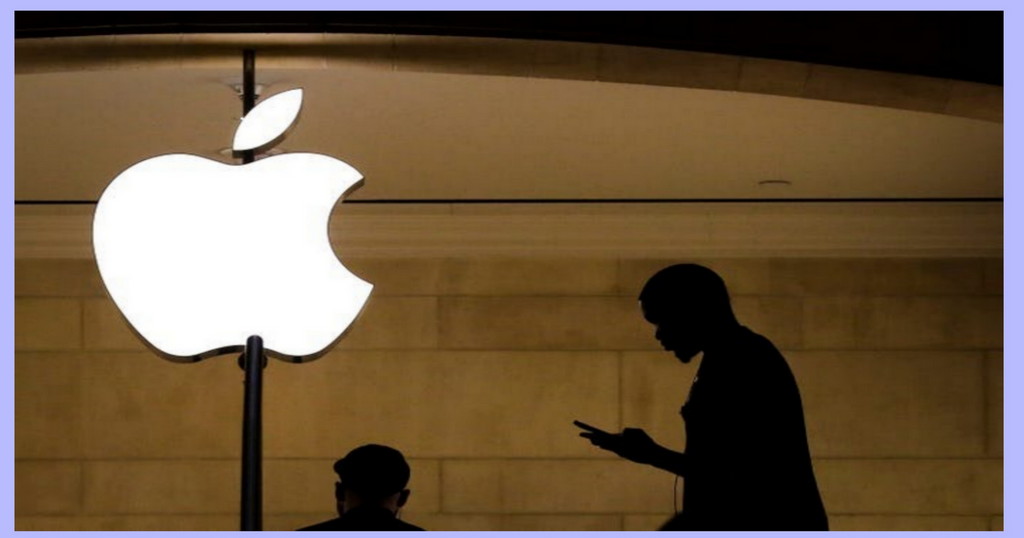




Acclaimed tech writer Mossberg says the DOJ’s case of an Apple restraining infrastructure is ‘ludicrous’
The DOJ this week recorded an antitrust claim against Apple, asserting the organization manhandled its syndication ability to choke contest among cell phone makers.
While insiders and examiners across the tech business have guessed the US could wind up settling — as they did in a comparable antitrust body of evidence against Microsoft during the 1990s — not every person is persuaded the suit is a sure thing for the DOJ.
In a series of posts on Threads, legendary tech journalist Walt Mossberg wrote, “Calling Apple a’monopoly’ in phones is laughable.” Each free examiner gauges iPhone piece of the pie at a little more than half in the US and somewhat under 25% universally. That is not a syndication.”
Mossberg, who covered technology for nearly 30 years, most notably for The Wall Street Journal, is well-known for his extensive sourcing within Apple. He wrote that the company manufactures smartphones for “people who want more of a digital appliance than a platform for tinkering,” which has distinguished it from companies like Microsoft since the 1980s.
He noticed that the DOJ’s cases that Apple participates in anticompetitive way of behaving by making highlights on Apple telephones work best while collaborating with different items in the Apple biological system shouldn’t need the public authority’s mediation since even “Gmail just works completely and appropriately in a unique Gmail application.”
“‘performance’ phones, meaning expensive phones,” Mossberg wrote, noted that the DOJ had to narrowly define the market in which it claims Apple holds a monopoly in the suit to support its claims.
Stories of interest That resembles calling the smash hit costly wine an imposing business model when it really has a humble in general piece of the pie,” Mossberg composed. ” The DOJ goes about as though there’s an ideal for contenders to utilize iMessage tech, which is restrictive to Apple. Yet, since when must organizations do something like this?”
That’s what mossberg added, while he isn’t a legal counselor, and it’s conceivable that Apple may ultimately be demonstrated to have violated the law on a few explicit issues, “the essence of the claim is by all accounts about Apple’s way of thinking of building items and administrations, and rebuffing the organization for not having a plan of action like that of its rivals.”
Mossberg, who noted in his string “for the connivance scholars” that he is resigned and was not paid for his posts, didn’t quickly answer a solicitation for input from Business Insider.
While his examination of the happenings in the tech world is broadly trusted by those in the loop in the business, Mossberg isn’t the only one in that frame of mind of the case.
“Eventually, this is plainly a political case. The DOJ set out in 2019 (!) “In the past to ‘go after Big Tech,'” software engineer and former Microsoft Windows Division president Steven Sinofsky wrote in his newsletter “Hardcore Software.”
He added: ” We got cases against “Big Tech” because that’s what the DOJ wanted to do. Here we are with the situation against Apple. It seems to me that they couldn’t figure out what to do with an obvious duopoly where the market is being extremely well served by two very different approaches, a lot of happy customers, and few loud and vocal companies complaining who have already lost in court.” The argument is weak and poorly framed.
Sinofsky declined to add extra discourse about the situation when reached by BI.
BI’s inquiries for clarification were not immediately answered by representatives of Apple or the DOJ.




